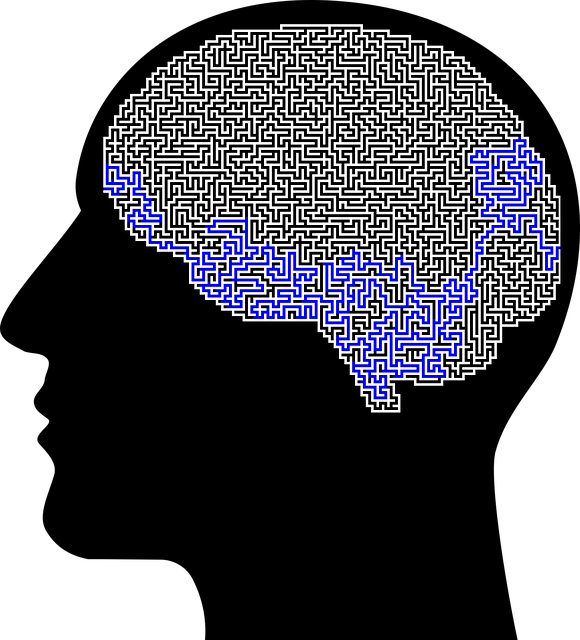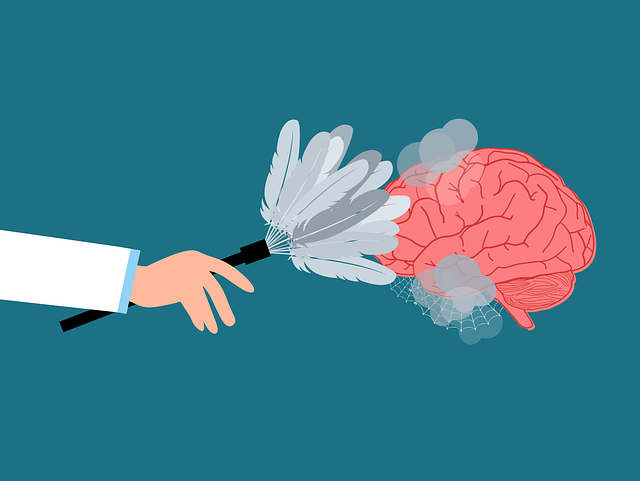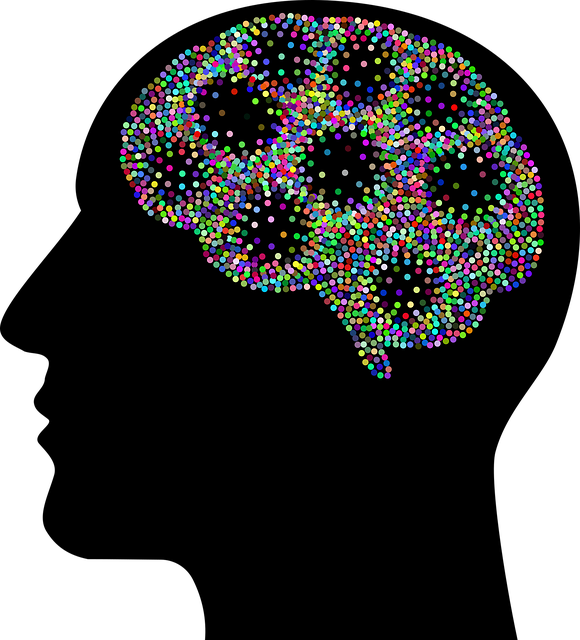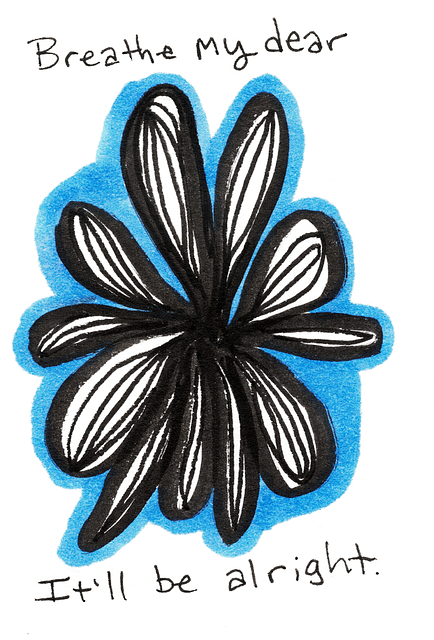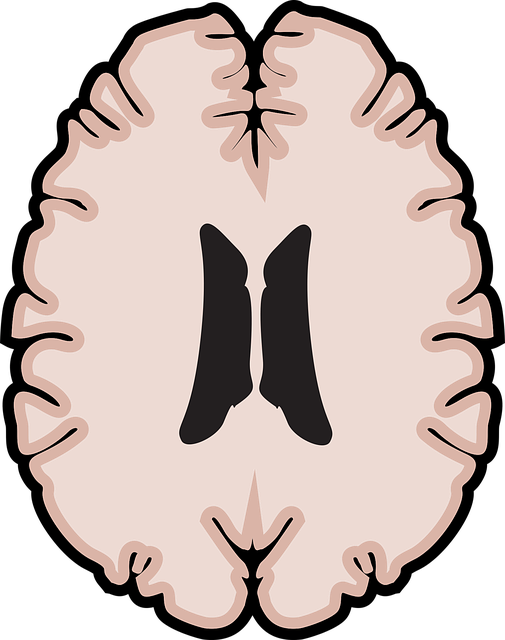Wheat Ridge Post-Traumatic Stress Disorder (PTSD) therapy offers holistic mental wellness solutions, addressing emotional, psychological, and social well-being. Recognizing PTSD symptoms and cultural competency among healthcare providers are crucial first steps. Effective therapies like Cognitive Behavioral Therapy (CBT) and Eye Movement Desensitization and Reprocessing (EMDR) help individuals process trauma and build resilience. Integrating self-care strategies, such as exercise, mindfulness, and adequate sleep, is vital for long-term recovery. Wheat Ridge's diverse therapy options, support systems, and community programs enable individuals to navigate their mental health journeys successfully.
Mental wellness promotion is a vital aspect of holistic well-being, especially in understanding and managing conditions like Post-Traumatic Stress Disorder (PTSD). This article explores key areas crucial for navigating mental health journeys. We delve into the importance of recognizing PTSD symptoms, effective therapy approaches available in Wheat Ridge, self-care strategies for sustained wellbeing, and valuable resources supporting recovery. By integrating these insights, individuals can find hope, healing, and improved quality of life.
- Understanding Mental Wellness and Its Importance
- Recognizing Post-Traumatic Stress Disorder (PTSD) Symptoms
- Effective Therapy Approaches for PTSD in Wheat Ridge
- Integrating Self-Care Strategies for Long-Term Wellbeing
- Resources and Support Systems for Continuous Recovery
Understanding Mental Wellness and Its Importance

Mental wellness is a fundamental aspect of overall health and well-being. It encompasses our emotional, psychological, and social state, influencing how we think, feel, and act in daily life. Understanding mental wellness involves recognizing that it’s not just the absence of mental illness but also the presence of positive coping mechanisms, resilience, and a sense of purpose. In today’s fast-paced world, where stress and adversity are prevalent, promoting mental wellness is crucial for fostering a balanced and fulfilling life.
Wheat Ridge Post-Traumatic Stress Disorder (PTSD) therapy serves as an excellent example of addressing specific mental health challenges. PTSD, often caused by traumatic events, can significantly impact individuals’ daily functioning. Effective therapy programs, designed with the latest research in mind, focus on helping clients process and manage their symptoms, building resilience and improving overall mental wellness. Moreover, integrating mental health education programs and developing coaching initiatives that promote resilience-building strategies can empower individuals to navigate life’s challenges more effectively.
Recognizing Post-Traumatic Stress Disorder (PTSD) Symptoms

Recognizing Post-Traumatic Stress Disorder (PTSD) symptoms is a crucial step in seeking Wheat Ridge Post-Traumatic Stress Disorder Therapy. Many individuals who have experienced traumatic events, such as accidents, violence, or natural disasters, may exhibit a range of signs that indicate PTSD. These can include flashbacks or intrusive memories of the event, avoidance behaviors where they steer clear of places, people, or things that remind them of the trauma, and heightened emotional arousal characterized by anger, irritability, or anxiety.
The impact of trauma is not limited to these individual symptoms; it often manifests in various ways, including physical complaints like chronic pain, sleep disturbances, and changes in appetite. Furthermore, cultural competency training for healthcare providers plays a significant role in accurate diagnosis. Understanding the potential cultural nuances surrounding trauma experiences can aid providers in recognizing PTSD symptoms more effectively. Additionally, conflict resolution techniques and confidence-boosting strategies, learned through specialized therapy, can empower individuals to manage their symptoms and lead fulfilling lives.
Effective Therapy Approaches for PTSD in Wheat Ridge

In Wheat Ridge, various effective therapy approaches are available to address Post-Traumatic Stress Disorder (PTSD). One prominent method is Cognitive Behavioral Therapy (CBT), which helps individuals identify and change negative thought patterns associated with traumatic events. CBT combines exposure therapy, where patients confront traumatic memories in a safe environment, with cognitive restructuring, enabling them to process and reframe distressing memories.
Additionally, Eye Movement Desensitization and Reprocessing (EMDR) therapy has gained recognition for its success in treating PTSD. EMDR facilitates the processing of traumatic memories through bilateral stimulation, such as side-to-side eye movements or tactile taps, while the individual recounts their experience. This process helps desensitize individuals to traumatic memories, reducing their intensity and associated distress. Cultural sensitivity in mental healthcare practice plays a crucial role in ensuring that these therapies are adapted to meet the unique needs of diverse populations, including those in Wheat Ridge. Mental wellness journaling exercises and mindfulness meditation can also complement traditional therapies, offering individuals additional tools to manage symptoms and promote overall mental wellness.
Integrating Self-Care Strategies for Long-Term Wellbeing

Integrating self-care strategies is essential for promoting long-term mental wellness. This involves adopting practices that nurture both physical and emotional health, such as regular exercise, mindfulness meditation, and adequate sleep. By incorporating these habits into daily routines, individuals can better manage stress, improve mood regulation, and enhance overall resilience. For instance, engaging in activities like yoga or nature walks can provide much-needed breaks from life’s demands, offering moments of calm and clarity.
In the context of Wheat Ridge Post-Traumatic Stress Disorder (PTSD) Therapy, self-care becomes an integral component of treatment. The Community Outreach Program Implementation and Public Awareness Campaigns Development initiatives aim to educate residents on the importance of mental health maintenance. Crisis Intervention Guidance is also offered, equipping individuals with tools to navigate traumatic experiences and promote self-healing. These strategies collectively foster a supportive environment where self-care isn’t just encouraged but also normalized, ultimately contributing to sustained mental wellness.
Resources and Support Systems for Continuous Recovery

Accessing resources and establishing a robust support system are integral components for continuous recovery from mental health challenges like post-traumatic stress disorder (PTSD). Wheat Ridge, Colorado, offers diverse options for individuals seeking therapy, including specialized PTSD treatments. Local clinics and healthcare providers equipped with expertise in mental health policy analysis and advocacy play a crucial role in connecting clients to appropriate resources and fostering a supportive environment.
These support systems extend beyond therapy sessions, encompassing community-based programs focused on stress management techniques and inner strength development. By leveraging these resources, individuals can navigate their recovery journeys effectively, ensuring long-term mental wellness. Such initiatives not only empower individuals but also contribute to a broader Mental Health Policy Analysis and Advocacy effort, ultimately enhancing the availability and quality of care for those in need.
Mental wellness promotion is a multifaceted approach that combines understanding, recognition, therapy, self-care, and access to resources. In Wheat Ridge, where post-traumatic stress disorder (PTSD) is a significant concern, effective therapy approaches tailored to the community play a crucial role in recovery. By integrating self-care strategies into daily routines, individuals can foster long-term wellbeing. Moreover, leveraging local resources and support systems ensures continuous recovery, emphasizing that mental wellness is a journey best navigated with community backing. For those seeking Wheat Ridge PTSD therapy, exploring these comprehensive solutions can pave the way for a brighter, more resilient future.




